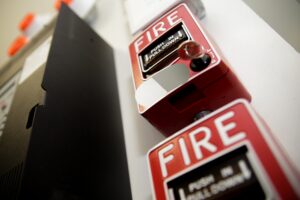Knowing what type of fire alarm system your business needs is essential to protect your assets from a fire emergency. In this article, Woodward Group discusses key factors that may affect your assessment and installation.
A fire can engulf even the largest properties in just a matter of minutes. To protect your important investments, a fire alarm system is integral as it detects the earliest signs of smoke, heat, and actual flames. Early detection is critical to prevent the loss of assets and, more importantly, the loss of life.
To find the fire alarm system that’s best-suited for your business, you must consider the following:
1. The size of your facility. Is your property small or large? Will it require separate systems for each building? How many floors will your fire protection system cover?
2. Your industry and the associated site risks. Different industries require different levels of assessment. For example, a chemical fire will need special instruments to detect and extinguish flames compared to an electrical fire, or there is a sleeping risk on site.
3. The location of your facility. Keep your property’s location in mind, as this can determine how your alarm system should be configured to ensure a quick emergency response.
4. System features. Your fire alarm system must be tailor-fit to your working environment. For instance, an addressable fire alarm system that can monitor different buildings all at once and contain a fire in one specific area would be recommended for a vast factory complex.
 Once you consider these factors, the next step would be to choose between the different types of fire alarm systems available:
Once you consider these factors, the next step would be to choose between the different types of fire alarm systems available:
Automatic vs. Manual System
There are generally two types of fire alarms: manual and automatic. Automatic systems can automatically send notifications to an outside service provider if a fire is detected, while manual systems require a person to activate. You may want to consider an automatic fire alarm if your facility is often left unsupervised as this type of fire alarm can detect and notify you of an emergency without the need of human intervention. However, if your facility is normally occupied, then a manual system may be the better option as they provide a quicker response and are less likely to produce false alarms.
Conventional vs. Addressable System
Depending on your budget, you may want to opt for a conventional fire alarm. These are typically lower-cost, reliable systems used for simple facilities like retail stores and single-story structures. When the alarm is triggered, the system identifies the general area of the emergency and notifies emergency personnel where the alarm was activated. Meanwhile, an addressable fire alarm can cover a wider area than a conventional fire alarm. When the system is triggered, it shows the precise location of the fire as well as direct emergency personnel to the site of the emergency. Typically used for large complexes like hospitals, hotels and factories, addressable fire alarms cost more than their conventional counterparts. However, they are more accurate and can work even if the detection cabling is damaged.
Expanded Options
Some fire alarm systems give you the option to add additional features which may help contain or alleviate the situation if a fire emergency does happen. These include automatic sprinkler systems, shutters designed to isolate affected areas, and ventilation mechanisms that can vent fumes away from the area.
To book your free consultation or to find out more about our Fire Alarms or Maintenance services, please call 01283 819379 or email us at enquiries@woodwardgroup.net.




